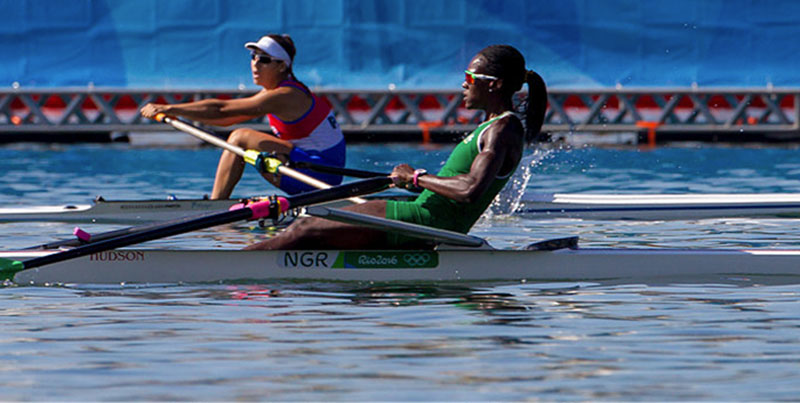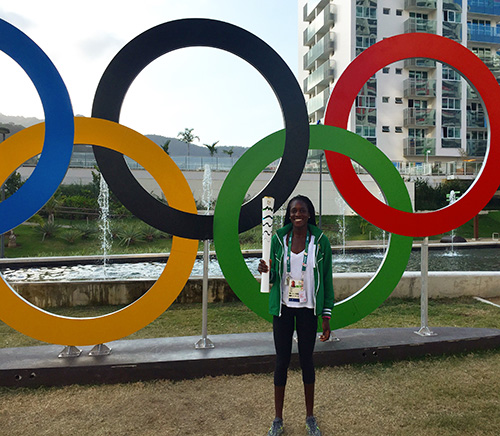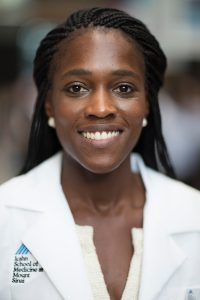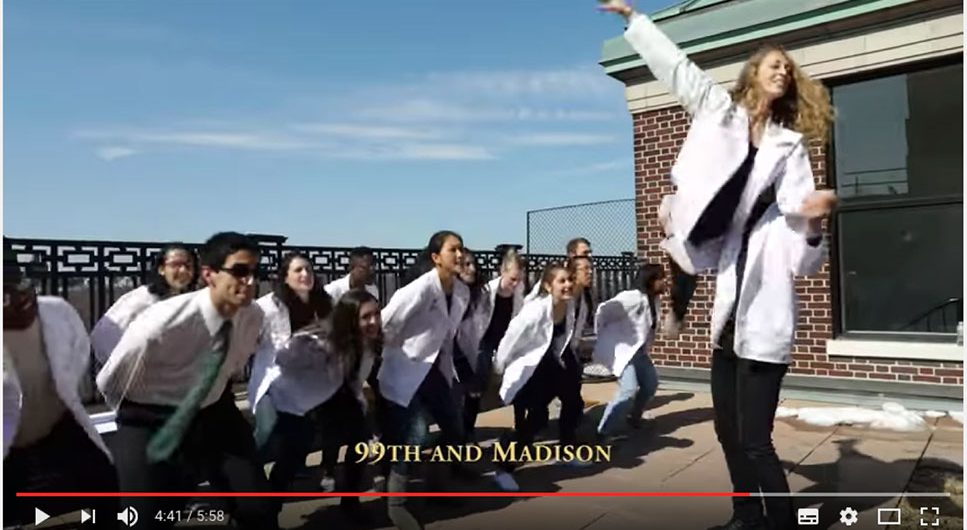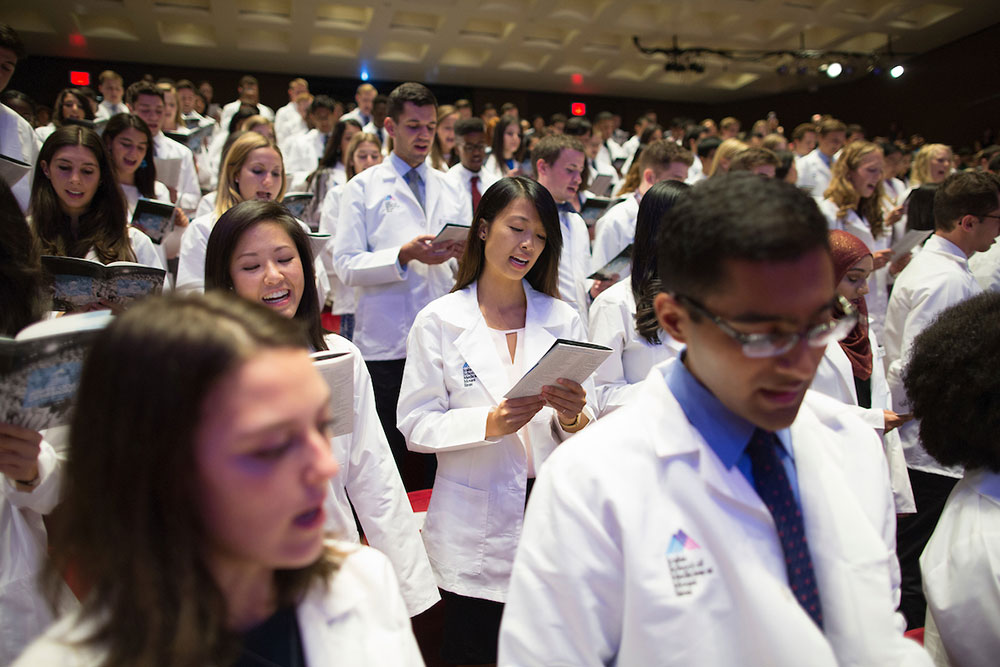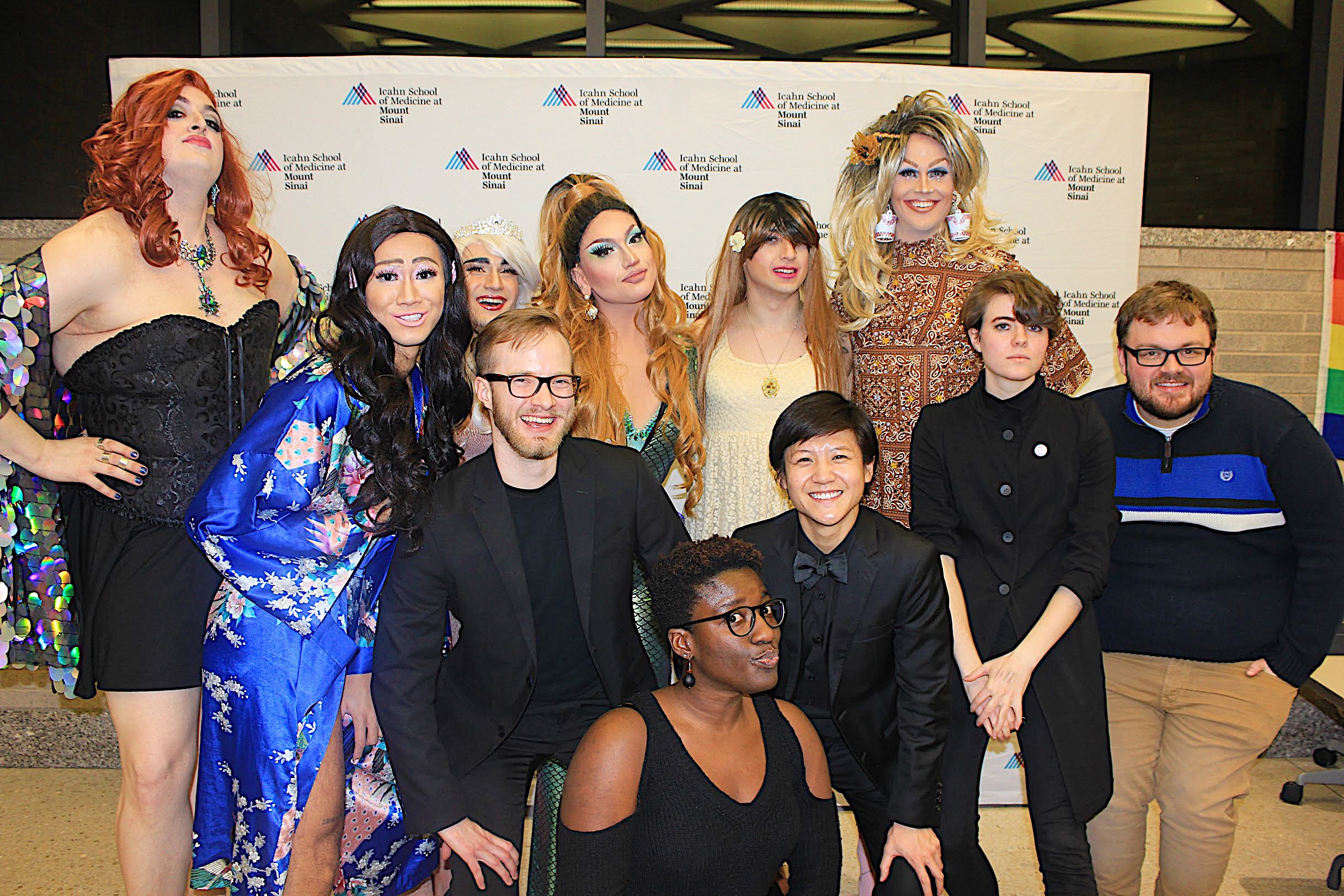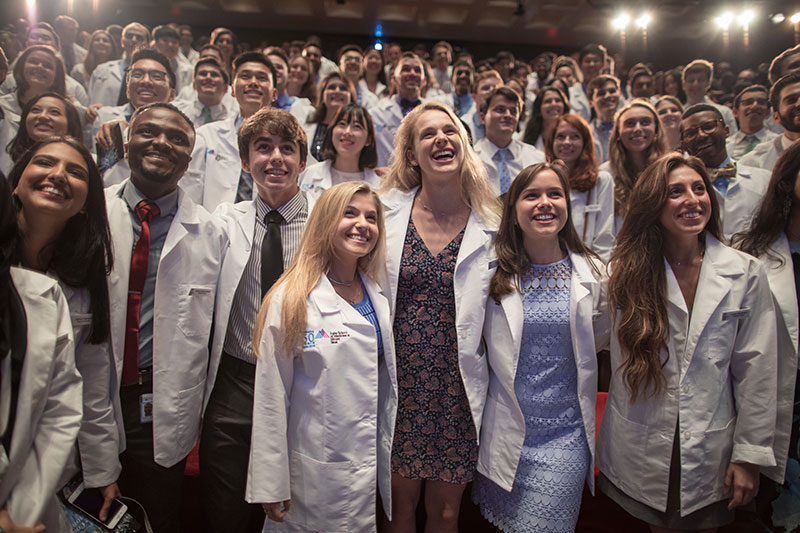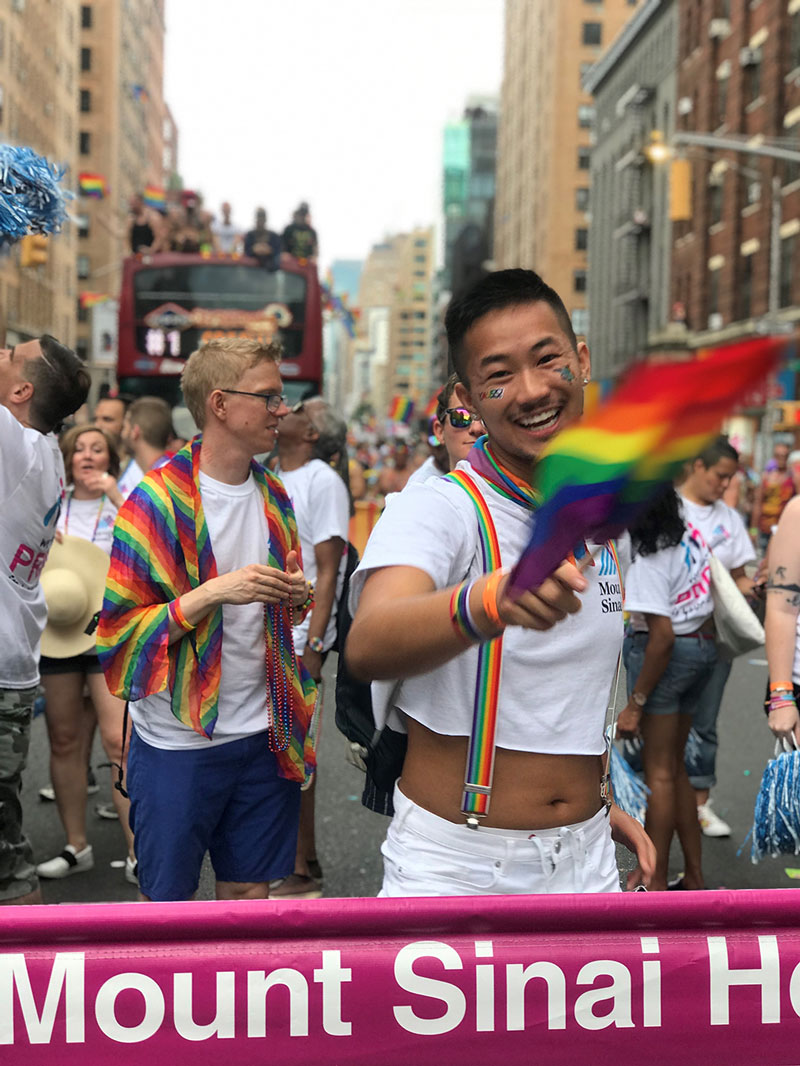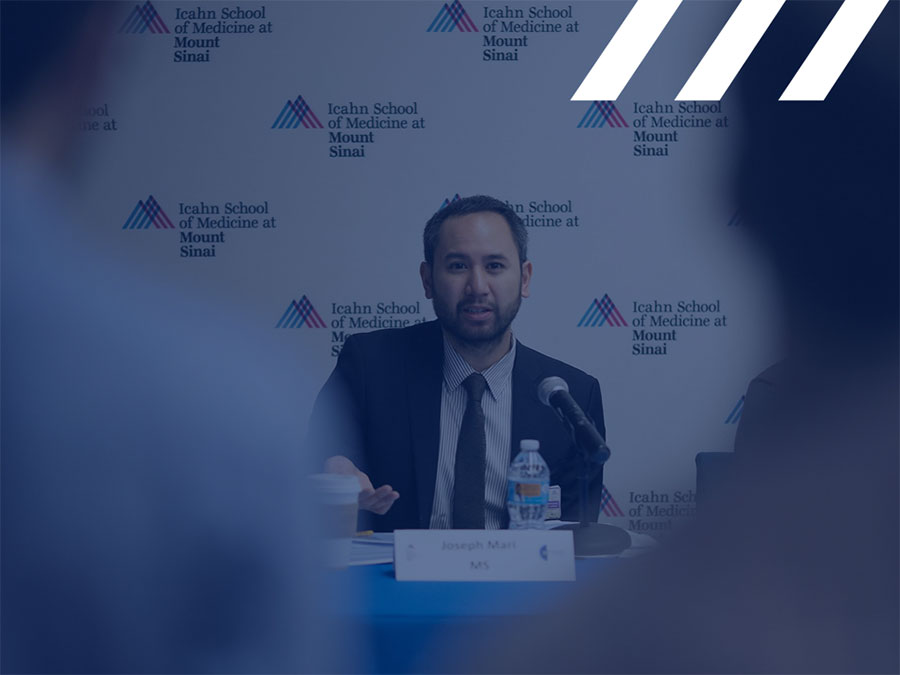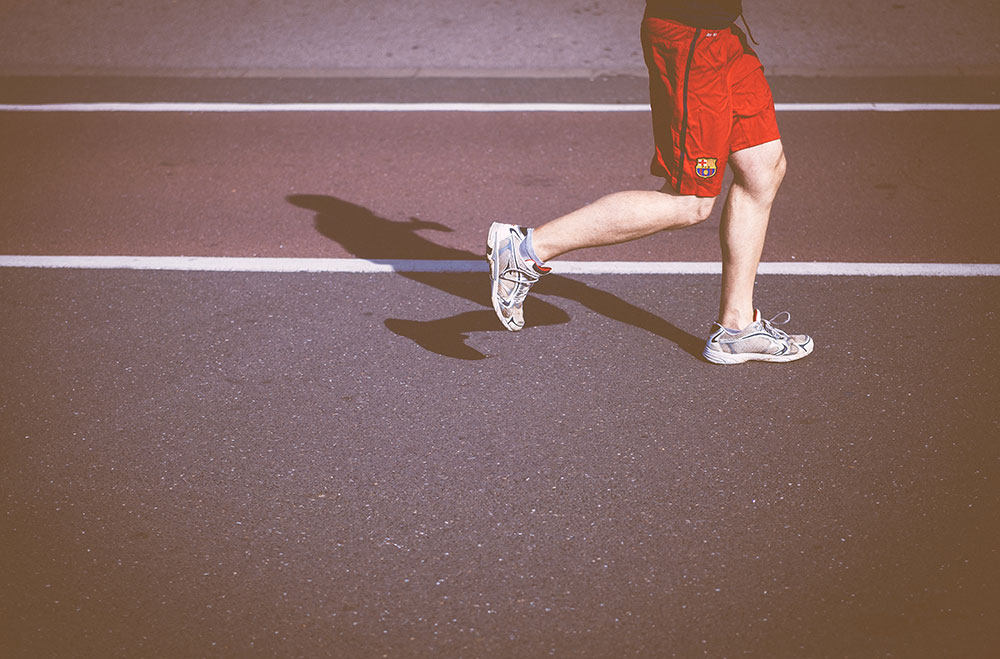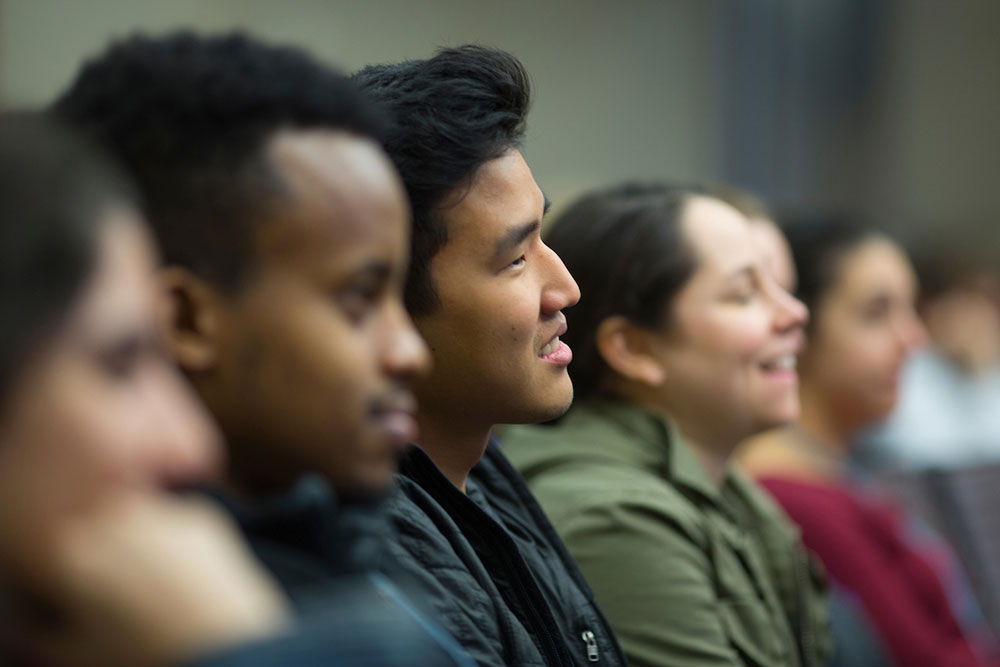My stomach is twisting and my heart is beating rapidly. Feelings of dread and self-doubt overwhelm me.
“We have alignment, attention, GO!” the announcer makes the official starting call. My mind goes blank, and I’m racing toward the finish line 2000 meters away. Under the watchful eye of Cristo Redentor and thousands of spectators and donning my Nigerian uniform, I rowed in the D-final of the Women’s Single Scull event at the Olympic Games.
This was my reality the day before starting medical school. I went from competing against the best rowers in the world to dissecting my first cadaver in the anatomy lab just a few hours later. I felt behind (having missed orientation for the Olympics) before I even started. The first week was especially difficult. Thinking that I needed to absorb all the information from anatomy at once, I found myself spending every waking moment in class or in the library. After doing poorly on my first anatomy quiz, I knew it was time for a change. I spent the first few weeks of medical school doing what I thought a med student was supposed to do—wake up early, go to class, and study all day.
It was only by being true to myself that was I able to cope with my transition and ultimately thrive in a new environment. I started approaching med school in the same way that I approached rowing.
In my ten years of rowing, I’ve been the star of some teams and could barely make it into a boat on others. I stopped being afraid of doing poorly on assessments and started putting in the effort to understand material.
Rowers usually start training in September for races that happened 10 months later, but we train with perseverance throughout. Keeping this in mind has helped me train with integrity through challenges and exhaustion. I’ve started looking at medical school as another training ground, only this time I am acquiring skills to help me become a physician.
The most important realization I made was remembering that I am part of a team. In the past I have rowed in boats with up to eight people. And even though I’ve been rowing alone most recently, I know that my success has been derived from the people around me. My classmates are my team, and things got a lot easier once I started treating them that way and reaching out for help, guidance, and friendship.
ABOUT THE AUTHOR
Chierika Ukogu is a first-year medical student at the Icahn School of Medicine. She studied Human Biology at Stanford. Upon graduating, she conducted clinical research with the Women’s Health Research Center at the University of Pennsylvania and competed at the 2016 Olympics.
She hopes to address social determinants of health, as well as conduct research, write, teach, and mentor others in the future.

